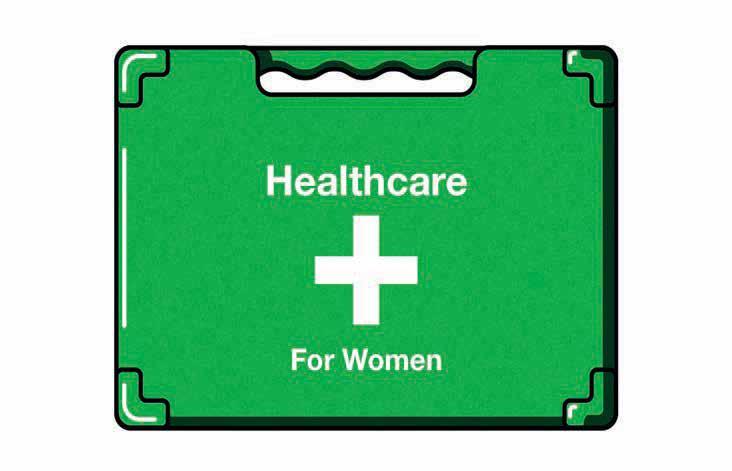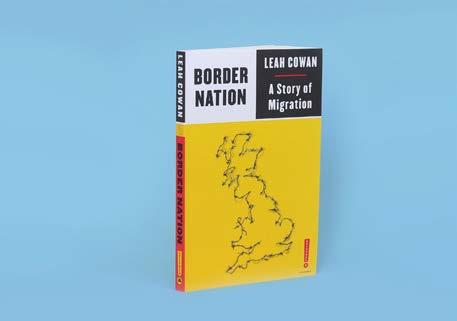AUTUMN-WINTER 2021
STILL I RISE Creating Community Connections: A new project providing specialist support for women Setting up your own business: Olivia shares her experience and advice Guided self-soothing exercises with One Small Thing Colouring exercise, Word search and more!
The national magazine of Women in Prison written by and for women affected by the criminal justice system

















